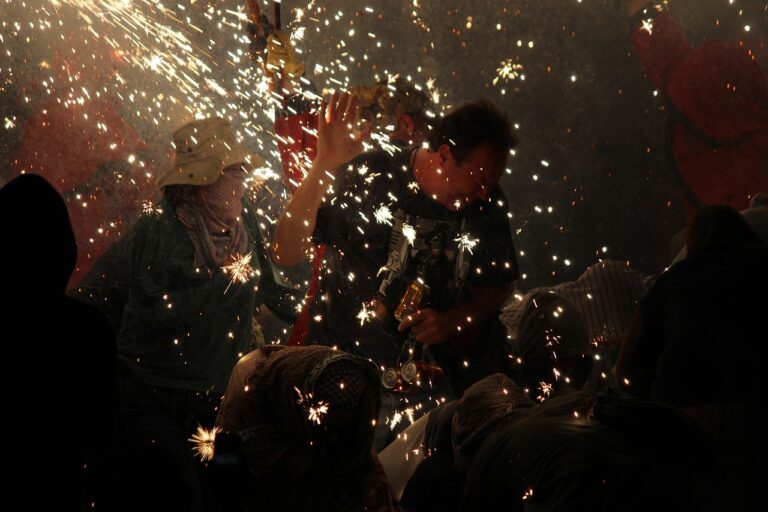Review: Behind-the-Scenes Look at Music Festival Production and Planning
lotusbook 365, play99exch, all panel mahadev:Behind-The-Scenes Look at Music Festival Production and Planning
Music festivals are the highlight of many people’s summer calendars, offering a unique experience that combines music, art, food, and culture. While attendees often see the final product the stages, the performances, and the overall atmosphere there is a whole world of planning and production that goes on behind the scenes to make it all possible. In this article, we will take a closer look at what it takes to plan and produce a successful music festival.
The Set-Up Begins
The planning for a music festival typically begins months, if not years, in advance. One of the first steps is securing a venue, which can range from a local park to a massive field or stadium. Once the venue is confirmed, the next step is to design the layout of the festival grounds, including the placement of stages, food vendors, restrooms, and other amenities.
Booking the Artists
Arguably the most critical aspect of a music festival is booking the artists. The lineup can make or break the event, so organizers often spend a significant amount of time and effort securing top talent. This process involves negotiating contracts, arranging travel and accommodations, and coordinating schedules to ensure that all acts are in the right place at the right time.
Building the Stages
Stages are a focal point of any music festival, and constructing them is a massive undertaking. From the main stage, where headliners perform, to smaller stages scattered throughout the venue, each requires careful planning and execution. This involves not only building the physical structures but also setting up sound and lighting equipment, ensuring that everything is in working order for the big day.
Ensuring Safety and Security
With thousands, if not tens of thousands, of attendees expected at a music festival, safety and security are top priorities. Organizers work closely with local law enforcement, emergency services, and security teams to develop a comprehensive plan that addresses everything from crowd control to medical emergencies. This includes implementing security checkpoints, providing first aid stations, and training staff to handle potential risks.
Managing Logistics
Logistics play a crucial role in the success of a music festival. This includes coordinating transportation for artists and crew, organizing accommodations for staff and performers, and ensuring that food and beverages are stocked throughout the event. With so many moving parts, effective communication and organization are essential to keeping everything running smoothly.
Embracing Sustainability
In recent years, there has been a growing emphasis on sustainability in the music festival industry. Many events are now incorporating eco-friendly practices, such as using biodegradable cups and plates, promoting recycling and composting, and reducing energy consumption. By making sustainability a priority, organizers can minimize the environmental impact of their events and set a positive example for attendees.
The Day of the Festival
When the day of the festival finally arrives, all the hard work and planning come together in a whirlwind of activity. Artists take the stage, vendors serve up delicious food and drinks, and attendees dance and sing along to their favorite songs. Behind the scenes, a dedicated team of staff and volunteers works tirelessly to ensure that everything goes off without a hitch, from managing crowds to troubleshooting technical issues.
FAQs
Q: How long does it typically take to plan a music festival?
A: The planning process for a music festival can vary depending on the size and scope of the event. Smaller festivals may be planned in a few months, while larger festivals may require a year or more of preparation.
Q: What are some common challenges faced by music festival organizers?
A: Some common challenges include securing permits and licenses, booking artists within budget constraints, managing finances, and dealing with unpredictable weather conditions.
Q: How do music festivals benefit the local community?
A: Music festivals can have a positive economic impact on the local community by bringing in tourism dollars, supporting local businesses, and creating job opportunities. They also contribute to the cultural vibrancy of the area and provide a platform for local artists to showcase their talent.
In conclusion, planning and producing a music festival is a massive undertaking that requires careful coordination, creativity, and teamwork. From booking artists to building stages and ensuring safety, there are countless moving parts that must come together to create a successful event. By offering attendees a memorable experience and supporting the local community, music festivals play a vital role in the cultural landscape. Next time you attend a music festival, take a moment to appreciate all the hard work that went on behind the scenes to make it all possible.







